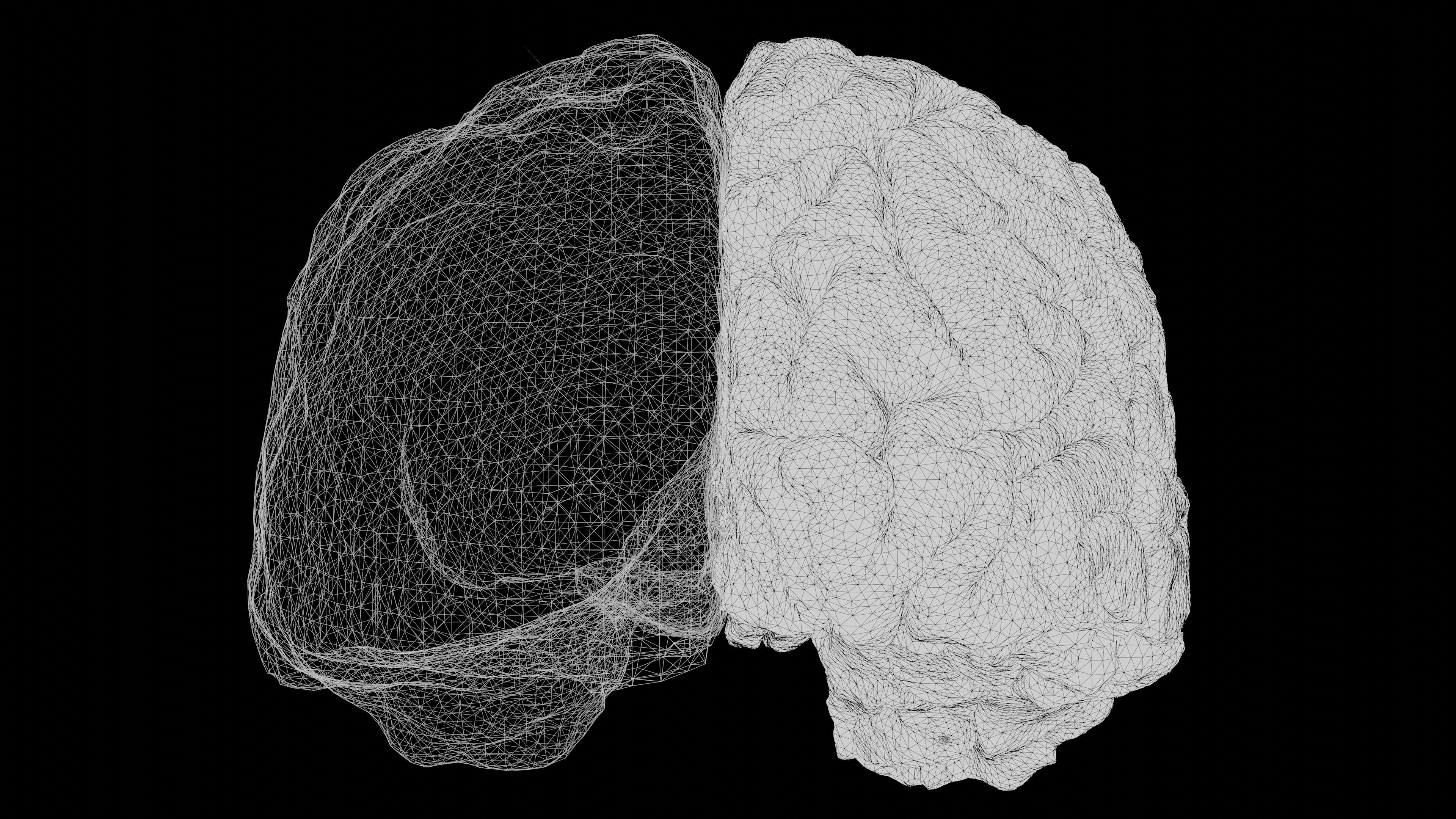5-Minute Organization: Micro-Habits for the Time-Starved

It's 7:43 AM. You're searching frantically through your purse for your daughter's permission slip while simultaneously trying to remember if you moved your son's soccer cleats from the car trunk to his sports bag. Meanwhile, both kids are asking where their library books are, and you're pretty sure you forgot to send lunch money for the field trip that's happening... today? Tomorrow? The information is somewhere in the pile of school papers on the kitchen counter, but there's no time to dig through it now.
If this sounds like your morning routine, you're not alone. The idea that parents need to spend hours creating elaborate organization systems is unrealistic. What busy parents actually need are organization strategies that work within the chaos of real life, creating order in tiny increments that compound over time.
The Science of Micro-Habits
Research from Stanford's Behavior Design Lab shows that sustainable behavior change happens through tiny, consistent actions rather than dramatic overhauls. For parents, this insight is revolutionary. You don't need a free weekend to reorganize your entire information management system, you just need strategies that work in the moments between diaper changes and homework help.
Micro-habits succeed where larger organizational projects fail because they require minimal decision-making energy. When you're already managing multiple schedules, dietary preferences, and the emotional needs of small humans, the last thing your brain can handle is complex organizational decisions. But a five-minute routine that becomes automatic? That's sustainable.
The psychology behind this is powerful. Small successes build confidence and momentum, while overwhelming projects create avoidance and guilt. Parents who successfully implement micro-habits report feeling more in control of their lives, even when external chaos remains unchanged.
Most importantly, micro-habits fit into the natural rhythm of parenting life.
The 2-Minute Morning Capture
Start each day with a brain dump that takes less time than brewing coffee. Before checking your phone or talking to family members, spend two minutes capturing everything swirling in your head onto paper or into a notes app.
This isn't detailed planning – it's rapid-fire information capture. "Emma's project due Friday," "Call pediatrician about Michael's cough," "Permission slip in purse," "Soccer practice moved to 6 PM." Don't organize or prioritize yet; just get the mental clutter out of your head.
The magic happens when this information is captured in one consistent place rather than scattered across sticky notes, phone reminders, and mental notes. Use whatever tool feels most natural—a notebook by your coffee maker, a voice memo while the coffee brews, or a trusted app.
This practice serves multiple purposes: it clears mental space for the day ahead, ensures important tasks don't get forgotten in the daily chaos, and creates a record you can reference anytime.
Many parents find success combining this with an existing morning routine. While waiting for coffee to brew, during the first few minutes after waking up, or while kids eat breakfast. The key is consistency, so same time, same place, same process.
The 3-Minute Evening Review
End each day by processing the information you accumulated during the day. This helps your brain recognize loose ends from the day.
Look through your phone photos for anything that needs action: homework assignments you photographed, receipts you captured, cute moments you want to share with family. Either act on them immediately, or add them to tomorrow's task list.
Check your pockets, purse, and car for papers that accumulated during the day. School newsletters, appointment cards, receipts, and notes from teachers all need quick decisions: immediate action, file for reference, or discard.
Review tomorrow's schedule and identify any information you'll need. If there's a parent-teacher conference, where are the questions you wanted to ask? If it's picture day, where's the order form? Five minutes of evening preparation can save 30 minutes of morning chaos.
This evening review also serves as a mental transition from the day's responsibilities to evening relaxation. By capturing loose ends in a trusted system, you free your mind to be present with family or enjoy personal time.
Micro-Moments Throughout the Day
Transform waiting time into organization time. School pickup lines, medical appointment waiting rooms, and kids' activity practices create perfect pockets of time for quick organizational tasks.
During school pickup, voice-record information you need to remember: "Ask Sarah's mom about the birthday party details," "Schedule dentist appointments for next month," "Research summer camp options."
Waiting room time is perfect for processing accumulated digital clutter. Delete unnecessary photos, respond to quick messages, or organize recent downloads into appropriate folders. These tasks require minimal concentration and can be interrupted easily when your name is called.
Use commute time (when you're not driving) for hands-free organization. Review your calendar, listen to voice memos you recorded earlier, or call to schedule appointments. Many parents find this time perfect for tasks that require phone calls during business hours.
The key is having a consistent system for capturing these micro-moments of progress. Having a designated place for quick captures makes these moments productive rather than random.
Building Your Micro-Habit Stack
Habit stacking – attaching new behaviors to existing routines – makes micro-habits more sustainable. Instead of trying to remember to organize at random times, link organizational tasks to things you already do consistently.
"After I pour my morning coffee, I do a 2-minute brain dump." "While my kids eat breakfast, I process yesterday's photos." "When I put kids to bed, I prep tomorrow's information needs." These connections create automatic triggers that don't require additional decision-making energy.
Start with just one micro-habit and practice it consistently for at least two weeks before adding another. The goal is to make the first habit feel automatic before increasing complexity. Many parents find that successful implementation of one micro-habit naturally creates momentum for additional organizational improvements.
Track your progress without perfectionism. Missing a day doesn't mean failure—it means you're human. The goal is consistency over time, not perfect execution every single day.
Scale successful micro-habits gradually. Once your 2-minute morning brain dump feels automatic, you might expand it to include a quick calendar review. Once evening photo processing becomes routine, you might add inbox cleanup to the same time slot. The key is building on success rather than starting over with new habits.
Making It Sustainable
The best organizational system for parents is the one that continues working when life gets chaotic, and life with children is inherently chaotic. Build flexibility into your micro-habits so they can adapt to sick days, travel, and the inevitable disruptions of family life.
Create backup versions of your habits for challenging days. If your usual 2-minute morning routine isn't possible, what's the 30 second version? If evening review time gets interrupted by a child's needs, what's the minimum viable version? Having these alternatives prevents all-or-nothing thinking that derails habit formation.
Involve family members in ways that are developmentally appropriate. Older children can help with simple organizational tasks like sorting papers or putting items in designated locations. This involvement teaches them organizational skills while reducing your individual burden.
Remember that the goal isn't perfect organization, it's reducing the mental load and stress that comes from information chaos. Even small improvements in information management can create significant improvements in daily family life.
Your five-minute organizational habits won't solve every challenge of parenting, but they will create small pockets of order that make everything else more manageable. And in the chaos of family life, sometimes those small pockets of order make all the difference between survival and actually enjoying the journey.
Private AI for Life
Live your best life with Thinkspan: the all-in-one smart solution for organizing, securing, and accessing personal information. With Thinkspan, your life's most important information stays protected and accessible.
Stay Informed
Be the first to know about feature releases and get tips for living your best life by signing up for our newsletter.








